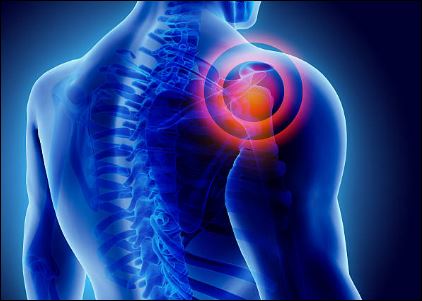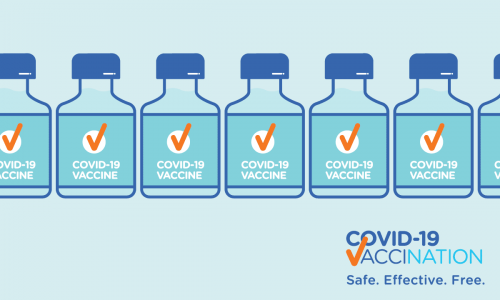MANY OF YOU WILL HAVE SEEN ABC’s Catalyst recent program on cholesterol and its role in heart disease. We have had plenty of conversations in the pharmacy about it in the past month and our message is clear: Please don’t make decisions about your health based on something you see on television!
While there were some thought provoking questions raised, the program was biased and alarmist and didn’t present the balance of scientific data. There are many large scale clinical trials that prove that lowering cholesterol reduces the risk of heart attacks and strokes. Cholesterol is a significant risk factor for cardiovascular disease (CVD) and should be considered alongside all the other risk factors, such as weight, exercise, smoking, high blood pressure, age, family history and diabetes.
MEDITERRANEAN DIET
One message from the Catalyst program that is supported by evidence is the role of the Mediterranean Diet. A diet high in fruit and vegetables such as the Mediterranean diet reduces the risk of CVD as well as many other diseases. Fruits and vegetables are high in dietary fibre that binds bile in the small intestine, forcing our bodies to use up our cholesterol to make more bile. This naturally lowers cholesterol levels. Colourful fruits and vegetables are also high in anti oxidants, which decrease the oxidation of cholesterol and many other substances in our bodies, thus reducing the damage that they do.
The Mediterranean diet includes a daily glass of red wine, which when combined with half an hour of exercise every day has been shown to lower cholesterol levels significantly. Another feature of this diet is consuming olive oil as the main source of fat. Olive oil has been shown in clinical trials to lower cholesterol, normalize blood clotting and to improve glucose levels, all of which reduce cardiovascular risk.
BALANCE REQUIRED
As with most issues pertaining to health, a balanced approach is important. You need to consider your overall cardiovascular risk, which can be modified through the use of diet, exercise and medicines.
Please contact us for more information.


